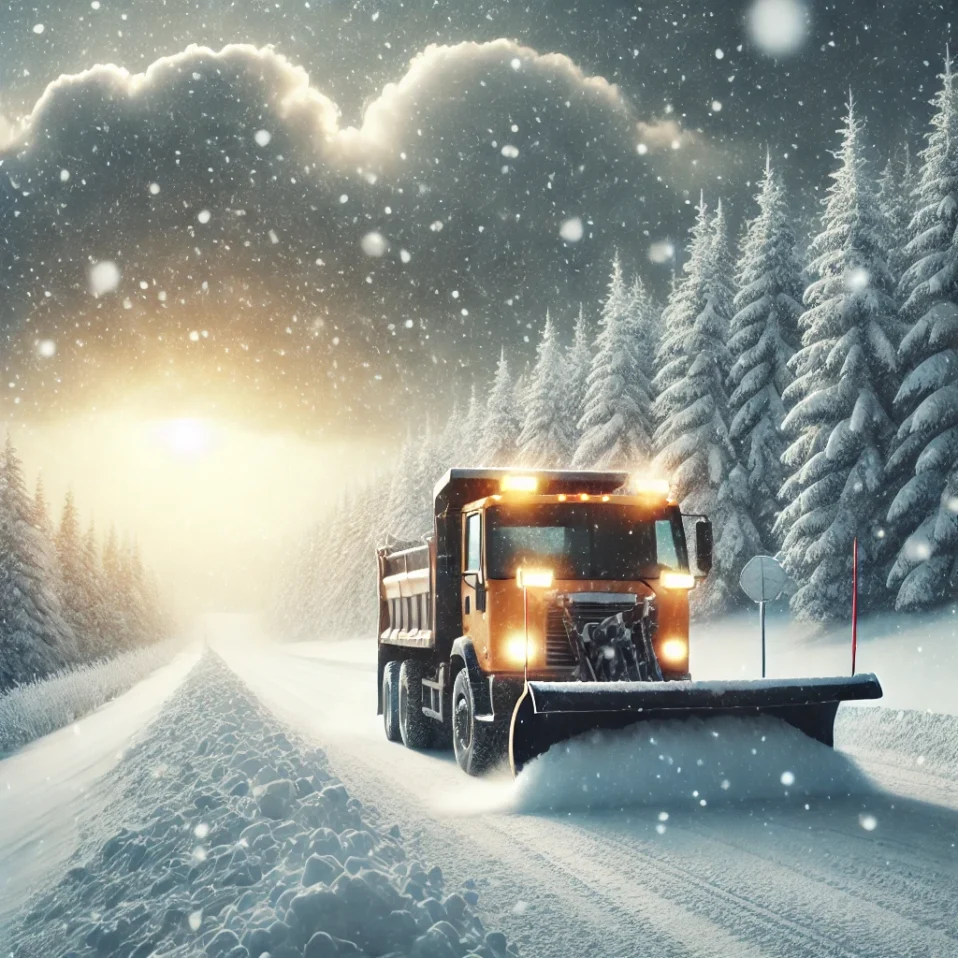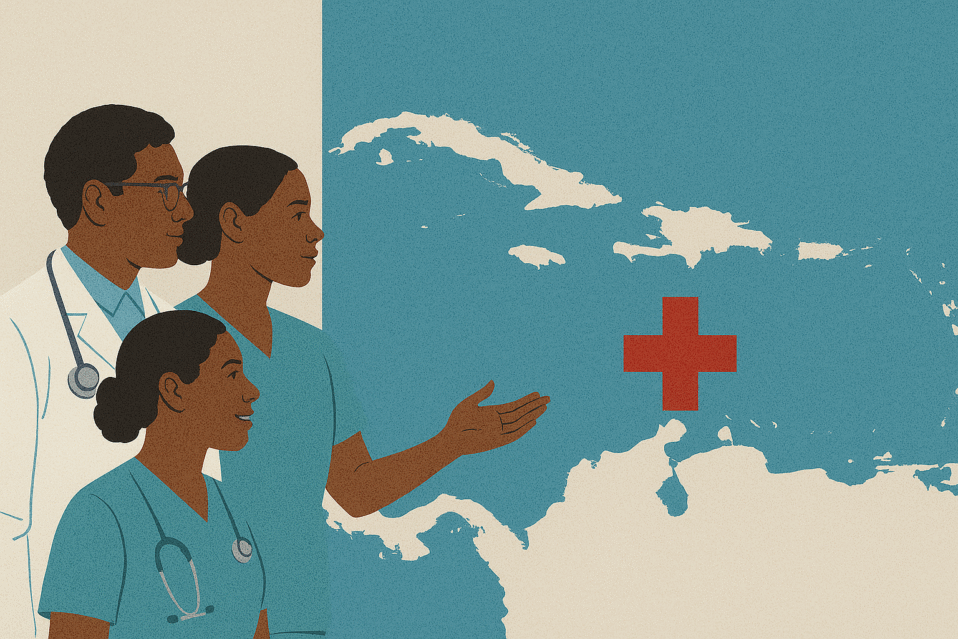Winter is a season of beauty but also brings unique challenges to our health, homes, and communities. From plunging temperatures to sudden snowstorms and power outages, being proactive now can help you easily navigate these challenges. Being truly #WinterReady means understanding potential hazards and taking steps to protect yourself, your loved ones, and your community.
Understanding Winter Hazards
Winter weather increases risks like hypothermia, frostbite, home fires, and carbon monoxide poisoning. Did you know that 63% of temperature-related deaths are due to cold exposure? Additionally, winter is the peak season for home fires. By identifying these risks, you can make smarter, safer decisions for your home, travel, and everyday activities.
Home Heating Safety Tips
Keeping your home warm is a top priority during winter, but it’s important to do it safely:
- Check Heating Equipment: Schedule an annual inspection for your heating system and install carbon monoxide (CO) detectors with fresh batteries.
- Use Heat Sources Safely: Never use your oven to heat your home. Keep flammable items at least 3 feet away from fireplaces, space heaters, or wood stoves.
- Fire Safety First: Since home heating is the second leading cause of home fires, ensure smoke alarms are functional, keep a fire extinguisher nearby, and review the U.S. Fire Administration’s Home Fire Safety Guide for additional tips.
Preparing for Power Outages
Winter storms often cause power outages, affecting heat, communication, and critical devices. Here’s how to prepare:
- Protect Your Food: Keep refrigerator and freezer doors closed during outages. Discard food exposed to 40°F or higher for two or more hours.
- Use Generators Wisely: Only operate generators outdoors and away from windows. Never use gas stoves or ovens for heating.
- Plan for Medical Needs: If you rely on electricity for medical equipment or refrigerated medications, have a backup plan and locate nearby community warming centers.
Safe Winter Travel Tips
Traveling in winter can be risky, so take precautions to stay safe on the road:
- Maintain Your Vehicle: Service your car’s radiator, maintain antifreeze levels, and check tire pressure before winter weather hits. Keep your gas tank full to avoid fuel line freeze-ups.
- Pack a Car Emergency Kit: Include blankets, a flashlight, water, non-perishable snacks, a phone charger, and a first-aid kit.
- Drive Smart: Leave extra distance between cars, brake gently, and monitor weather conditions before traveling. If conditions are severe, delay non-essential trips.
Tailored Tips for Specific Needs
Winter readiness means considering everyone’s unique situations.
- Budget-Friendly Fixes: Use weather stripping and insulation kits, and let in sunlight during the day to naturally warm your home. Close off unused rooms to conserve heat.
- Support Vulnerable Neighbors: Check on older adults or individuals with mobility challenges. Ensure pathways and steps are ice-free, well-lit, and accessible.
- Outdoor Enthusiasts: Layer up, cover exposed skin, and limit time outside in extreme cold. Always let someone know your plans and carry a fully charged phone.
Stay Informed and Ready
Knowledge is power during the winter months. Visit Ready.gov/winter-ready for detailed resources, tips, and tools to help you prepare for winter’s challenges.
By taking a few simple precautions, you can embrace the winter season with confidence, knowing you’re doing everything possible to keep your family safe, warm, and secure. Let’s stay proactive and truly #WinterReady!




